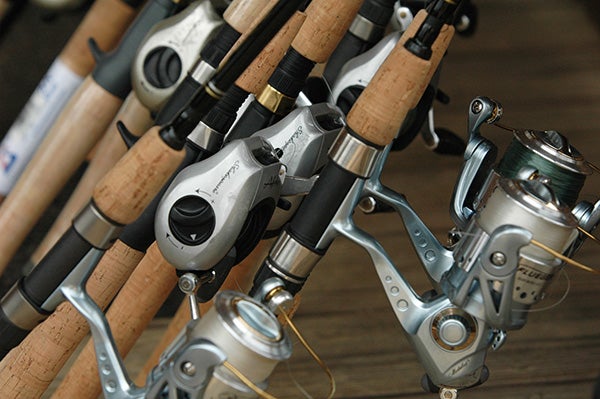The Alabama Department of Conservation and Natural Resources announces the receipt of $25,511,600 to support critical state conservation and outdoor recreation projects. The announcement is part of $1.1 billion in annual national funding going to state wildlife agencies from revenues generated by the Pittman-Robertson Wildlife Restoration and Dingell-Johnson Sport Fish Restoration acts.
Alabama apportionments include $6,151,179 in Sport Fish Restoration funds and $19,360,421 in Wildlife Restoration funds. The funds, which are distributed by the U.S. Fish and Wildlife Service, are derived from excise taxes paid by the hunting, shooting, boating and angling industries on firearms, bows, ammunition, fishing tackle, some boat engines, and small engine fuel.
“The Wildlife and Sport Fish Restoration Programs are the most successful conservation programs in the United States,” said Governor Kay Ivey. “Alabama continues to benefit greatly from our annual apportionment of these funds, and our Conservation Department is a wise steward of these funds.”
According to Conservation Commissioner Chris Blankenship, the money received from the federal government is a match to the state’s hunting and fishing license revenues. “There is a formula used, but basically, the more licenses we sell, the more Wildlife and Sportfish funding we receive. It’s very important that hunters and anglers purchase a license every year because our department doesn’t receive money from the state’s General Fund. Our work on behalf of the hunters and fishermen is solely funded by license dollars and federal matching funds.”
Alabama Wildlife and Freshwater Fisheries Director Chuck Sykes says hunters and fishermen can be proud of the fact that their purchases help put active management on the ground in Alabama. “Managing public hunting land and building and maintaining boat ramps and shooting ranges are all projects funded by the allocations we receive from the U.S. Fish and Wildlife Service.”
Sykes adds that people who don’t hunt or fish also benefit from this funding. “Every citizen in the state receives benefits from the conservation efforts of hunters and fishermen,” he said. “The habitat that we create and manage for deer, turkey and other game species also benefits the species that non-hunters enjoy like bald eagles and bluebirds,” he said.







